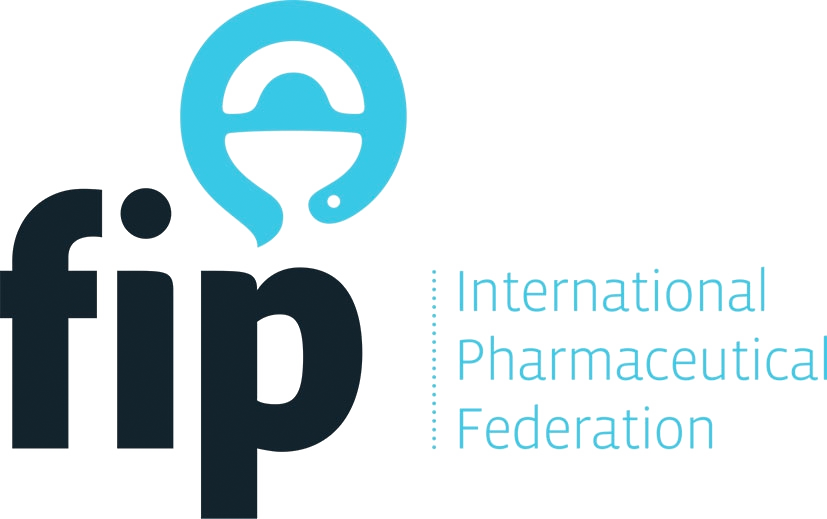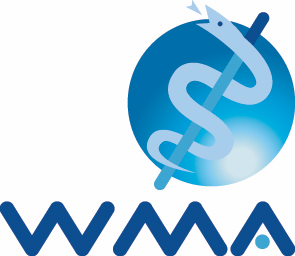Previous World Health Professions Regulation Conferences

In May 2018 around 150 participants from 36 countries gathered with experts in health regulation with a programme that explored the lessons learned from competence-based approaches to regulation, compared regulatory models and examined ways of promoting best practice in regulatory governance and performance.
Presentations:
Benton: Who is regulating the regulators?
de Haller: Global professions need global regulations. How much local adaptation is needed? (Migration)
Grant: Standards for CPD: Making them contextual, global, comparable and accountable
Gray: Ethics and professional autonomy
Jo: Big data analysis to improve care and patient safety
Martinez-Berganza: Market-driven deregulation attempts in the European Union
Rouse: Advancing learning to advance practice
Shaffer: Right touch regulation and best practice guidelines
Slawomirski: OECD – Patient reported outcome measurements (PROMs) by OECD
Waudo: Barriers to Implementation of Regulatory Standards in Africa
Wetende: What are the barriers to implementation? Mercury Example
Poster Abstracts:
ECFMG’s 2023 medical school accreditation requirement
Lisa L. Cover; Kara Corrado, Tracy Gill, Elizabeth M. Ingraham, Marta van Zanten
Developing a research agenda to support developing a medical education accreditation
Marta van Zanten; John R. Boulet
How do policymakers realize the cost-savings from biosimilars while maintaining healthcare provider autonomy
Philip Schneider; Michael Reilly
Health professions regulation in Portugal in the context of a broader health regulation framework
Inês Fronteira; Jorge Simões
Health professions regulation background and workforce migration in Mercosur
Fernando Mussa Abujamra Aith; Matheus Zuliane Falcão; Rachelle Amália Agostini Balbinot
Students’ perception of the learning environment and satisfaction with teaching and learning using a selfdirected learning approach among undergraduate physiotherapy students at University of Ghana
Jonathan N.A Quartey; Eksteen; Pickworth
WHPRC 2016
In May 2016 almost 200 health professionals gathered to discuss regulation and trade agreements, balancing the regulation of individual health professionals and health services and WHO’s global strategy on Human Resources for Health (HRH).
Presentations:
Benton: Balancing regulation of individuals and health systems – Trends & Consequences
Catizone: Regulation versus Technology / Health Care Across Borders
Chappell: The impact of shared competencies and scopes of practice on regulation and quality of care
Fletcher: Aligning the different regulators and regulation
Gariepy: International Regulation rather than National Regulation?
Grant: Risk-based approaches to regulation of health professionals
Leblanc: EU regulation of healthcare implications for health care and health professionals
Marmot: Sustainable development goals: What is the impact on Human Resources for Health?
Masnyk: Building Shared Competencies in Physiotherapy – a regulator’s perspective
Yamalik: Quality of care, patient safety & shared competencies: A dental perspective
WHPRC 2014
In May 2014 global leaders of the main health professions urged their members to pay more attention to regulation issues and implement the right systems in order to act in the public interest.
Presentations:
Bradley: Identification of shared competencies between health professions
Chave: Challenges Facing Professional Regulation ‐ An EU Perspective
Dussault: Challenges facing health professional regulation
Flin: Safe in their Hands? Non-Technical Skills and Competence Assessment
Gariepy: Competence-based Approaches and Professional Regulation: A Balancing Act
Monteiro da Silva: Closing address
Mungherera: Challenges in Health Professional Regulation in Africa
Parag: Regulation of Physiotherapists in Israel
Reid: Health professional regulation facing challenges to acting in the public interest
Robertson: Reflections on the first 3 years of national regulation and future directions
WHPRC 2010
In February 2010 the event aimed to shape the future of health professional regulation within the context of global health systems' redesign and evolving roles, always keeping in mind that public protection is the primary objective of health professional regulation.
WHPRC 2008
In May 2008, the first World Health Professions Conference on Regulation was held, with topics around 'Different models of health professional regulation', ' Regulatory body governance and performance', and 'Trade in services and implications for regulation'.
©2019 World Health Professions Alliance




